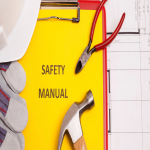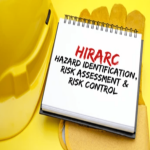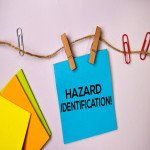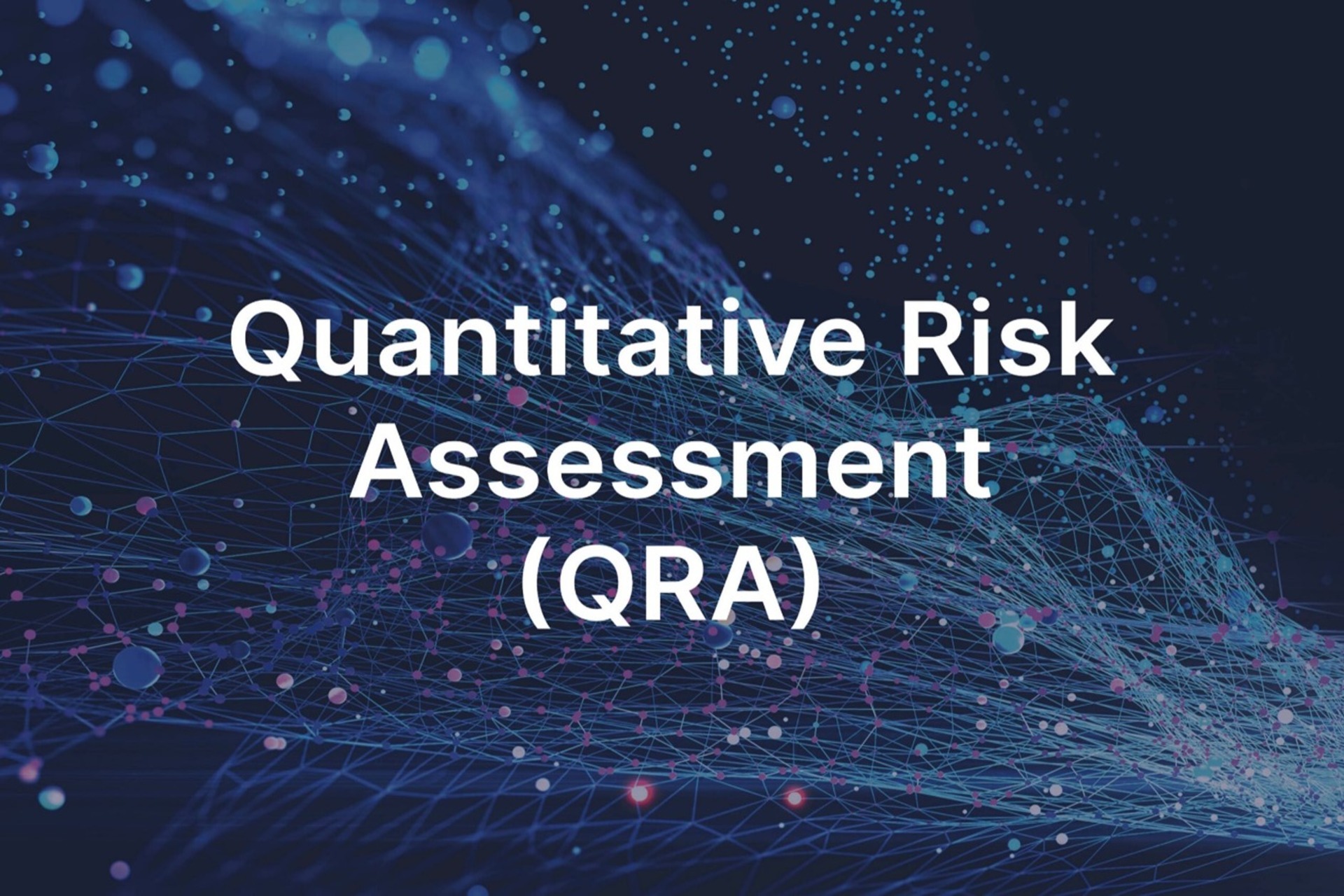
METHODOLOGY FOR QRA STUDY
QRA is a technique used to systematically calculate the risks from hazardous events. It involves predicting the size of consequences associated with a hazard, and the frequency at which a release of the hazard may be expected to occur. These aspects are then combined in order to obtain numerical values for risk – usually risk of fatality. QRA includes consideration of all identified hazardous events in order to quantify the overall risk levels. Similar hazardous events are often grouped and assessed together as bounding or representative events
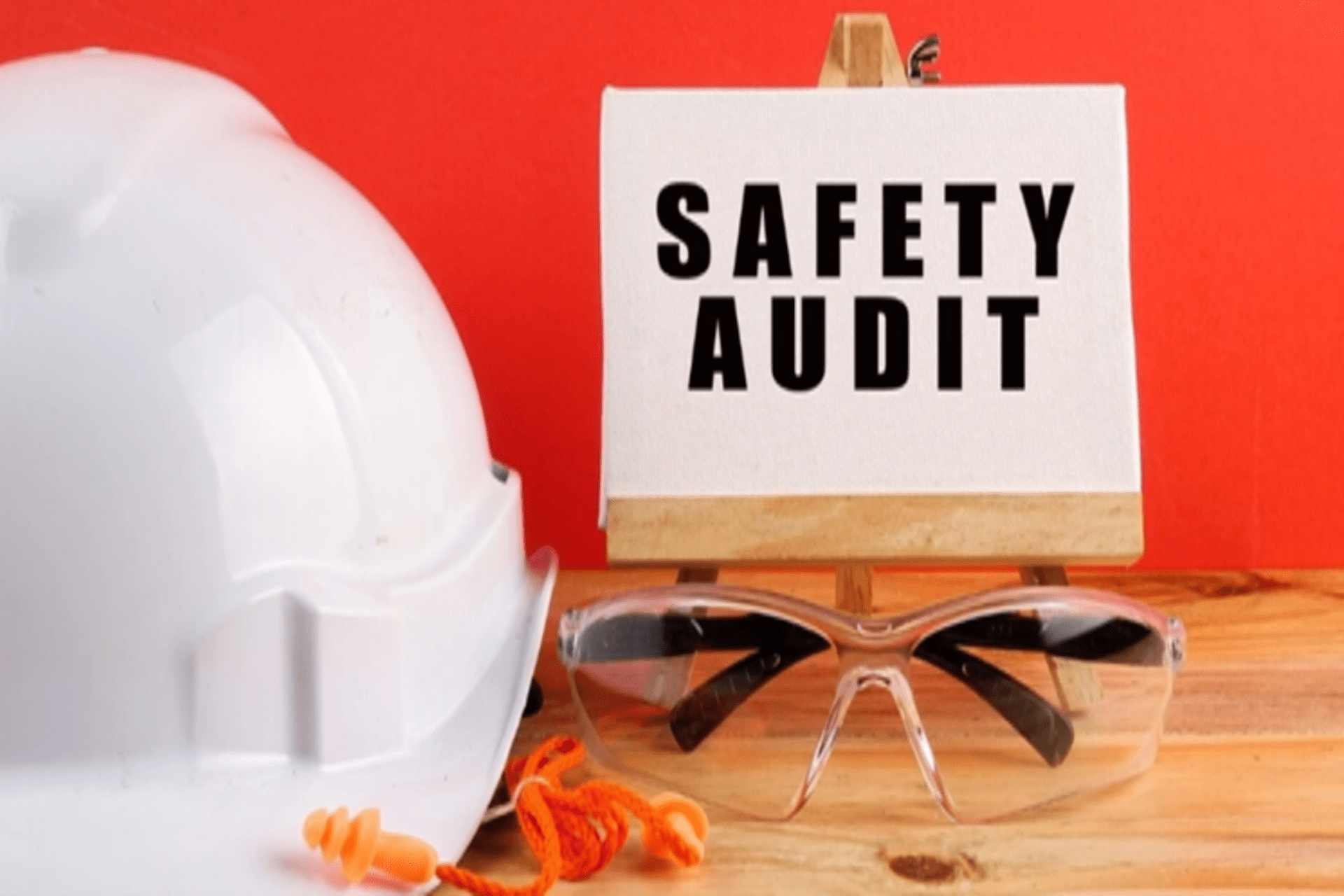
METHODOLOGY FOR SAFETY AUDIT
Safety Audit is legally abided by various legislations and many of the industries are conducting safety audits to check the level of safety in the organization and routes of the safety management system. But there are common legal requirements which are applicable for all industrial units.
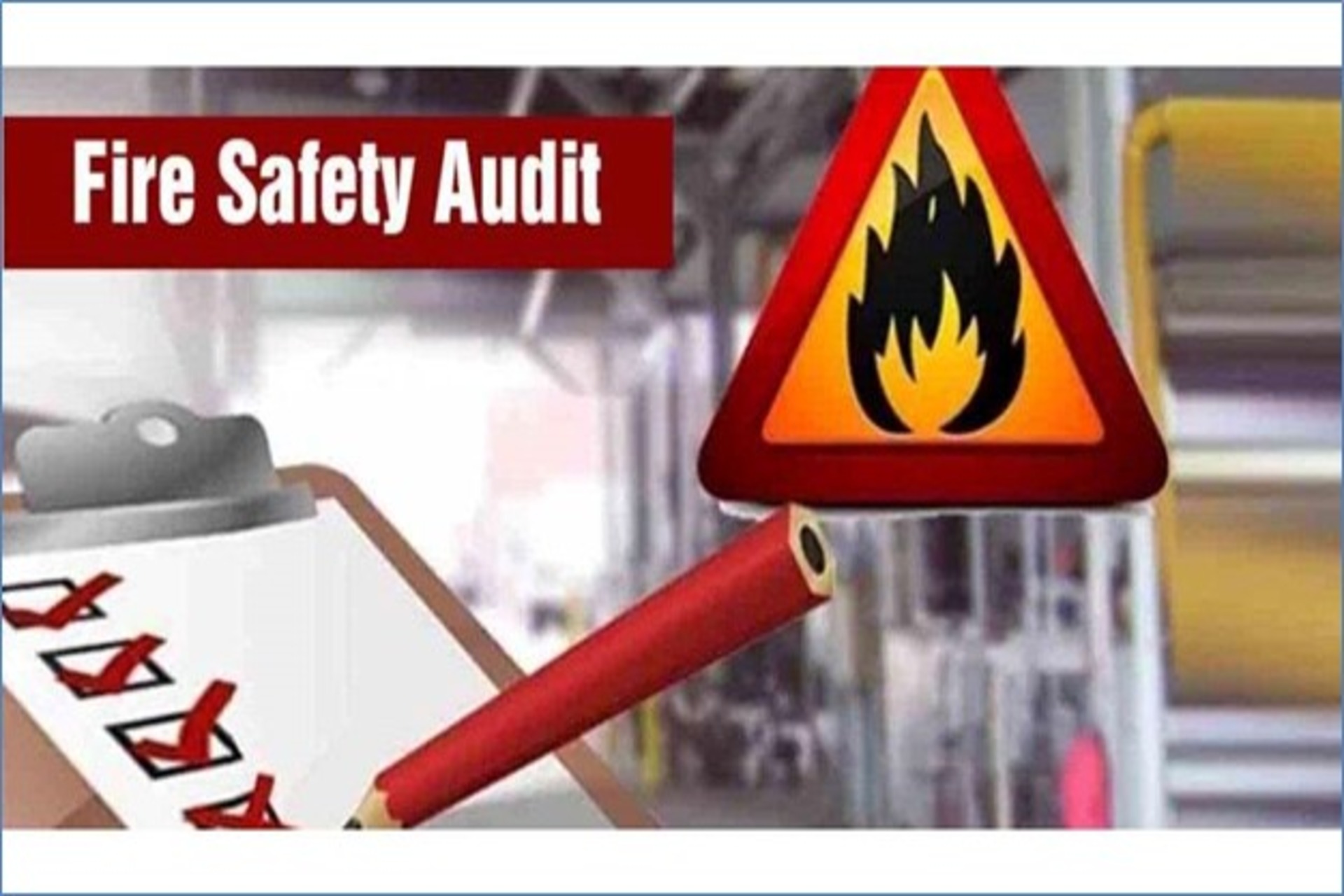
METHODOLOGY FOR FIRE AUDIT Study
The primary objective of a fire audit is to assess the effectiveness of fire prevention and protection measures within a facility. It aims to identify potential fire hazards and evaluate the adequacy of fire safety systems, such as alarms, extinguishers, and sprinklers. The audit seeks to ensure compliance with relevant fire safety regulations and standards. Additionally, it aims to recommend improvements or corrective actions to enhance fire safety preparedness. Ultimately, the goal of a fire audit is to minimize the risk of fire-related incidents and protect lives and property.
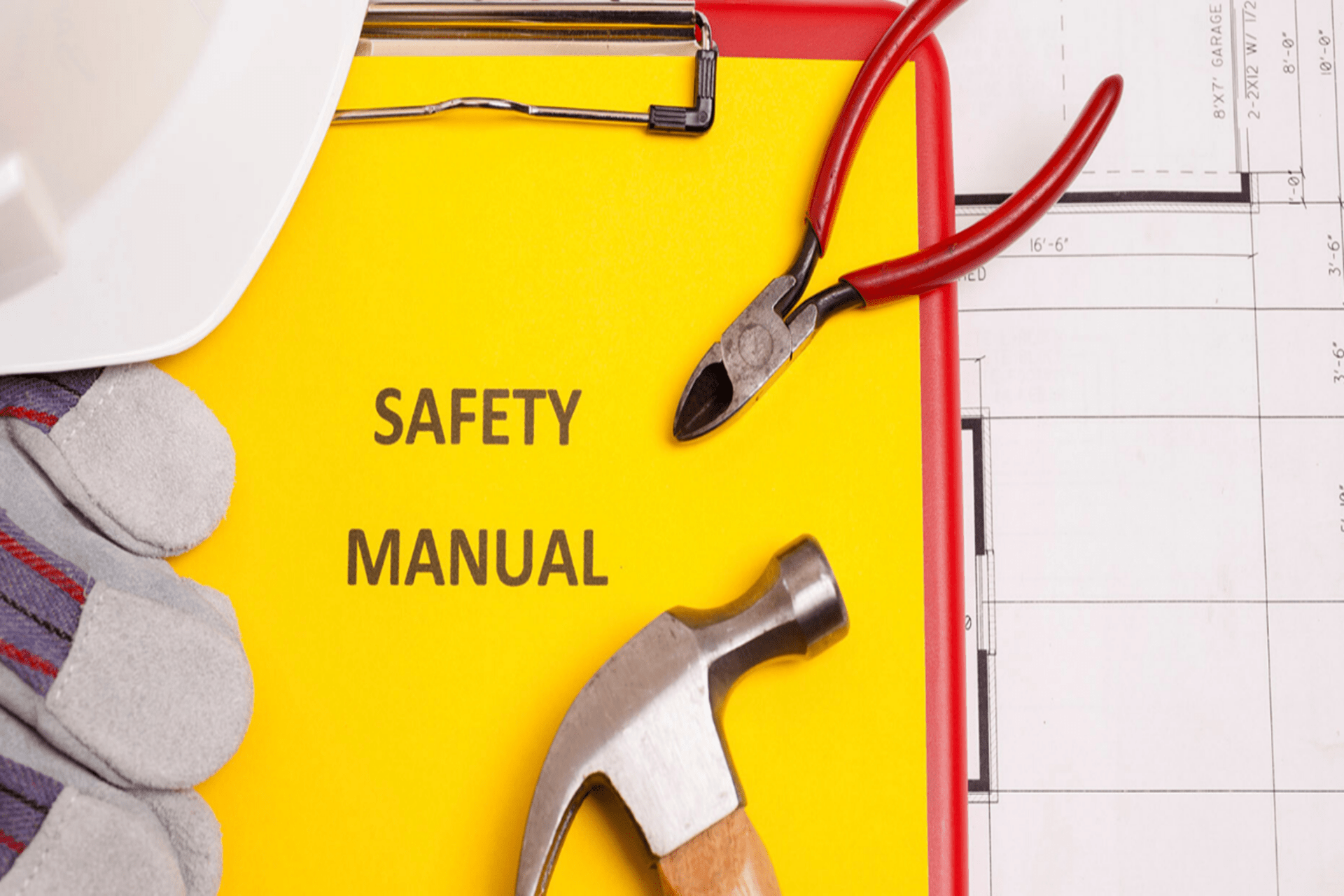
METHODOLOGY FOR SAFETY MANUAL
The establishment and maintenance of a safe and healthy working environment is a requirement of any organisation. The general Health and Safety Policy statement of the University must be supplemented therefore by detailed reference to our organisation and the arrangements most likely to ensure the success of the Health and Safety Policy within the University

METHODOLOGY FOR EMERGENCY RESPONSE PLAN
The plan identifies departments and individuals that are directly responsible for emergency response and critical support services, and it provides a management structure for coordinating and deploying resources.
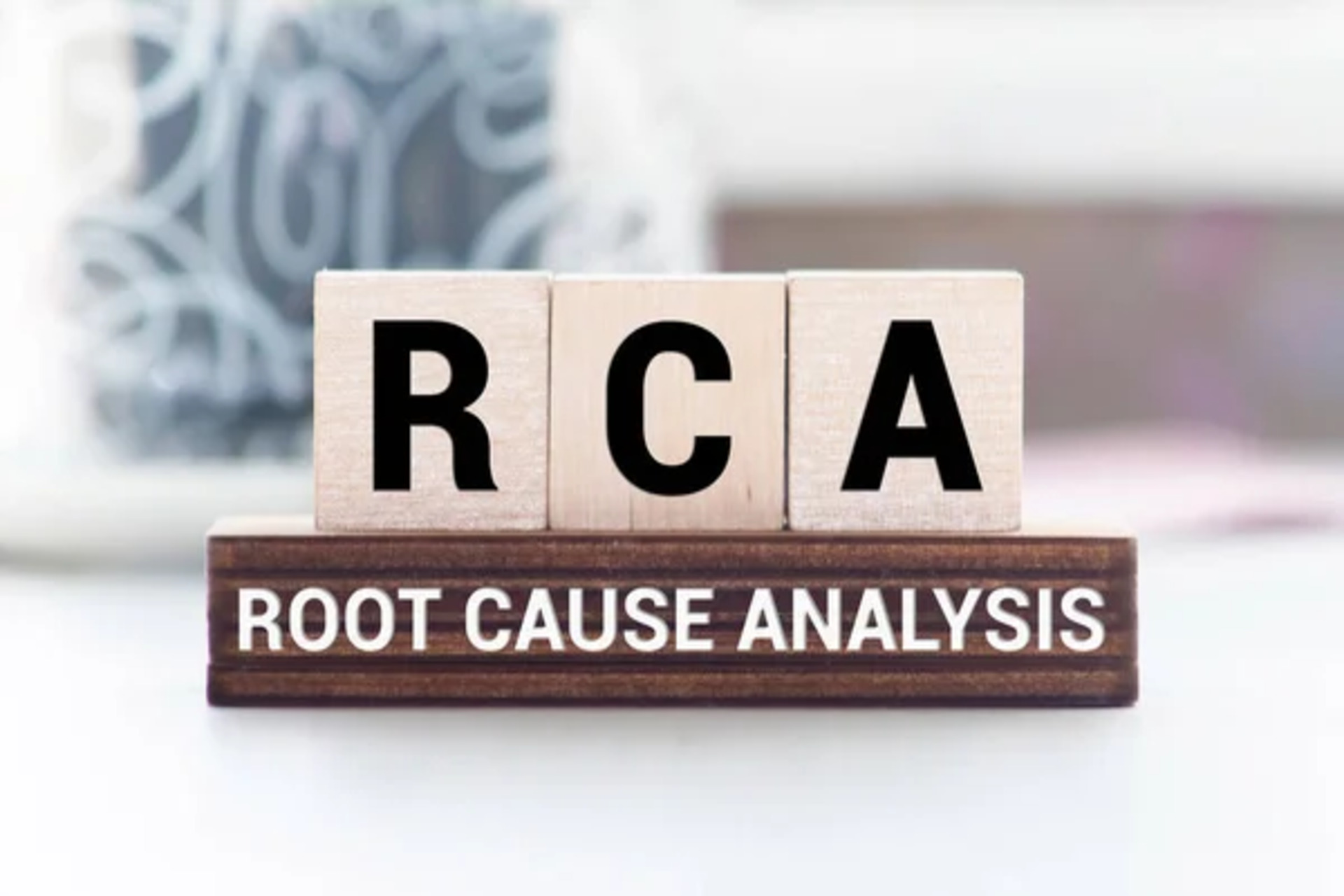
METHODOLOGY FOR ROOT CAUSE ANALYSIS (RCA)
Root Cause Analysis (RCA) is a structured methodology used to identify the underlying causes of problems, incidents, or failures. It aims to go beyond addressing immediate symptoms and instead seeks to understand the fundamental reasons why an issue occurred. The primary goal of RCA is to prevent the recurrence of problems by addressing their root causes. It helps organizations improve processes, systems, and performance by understanding why things go wrong.
